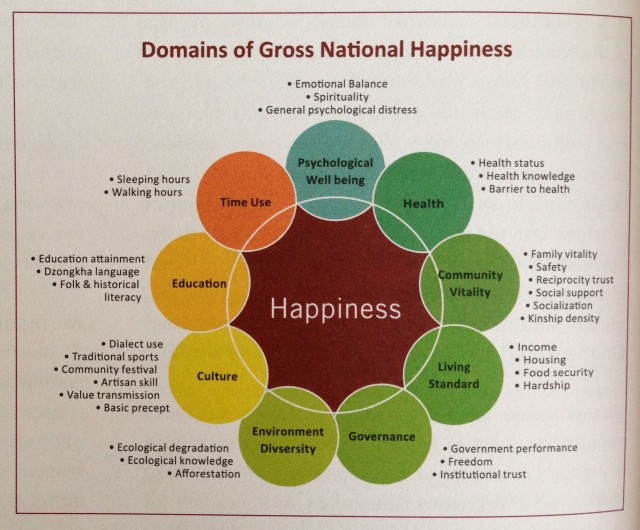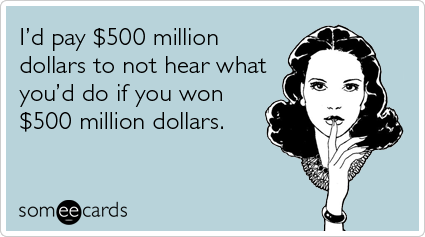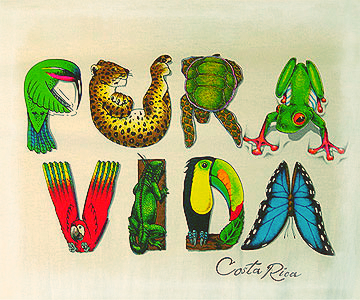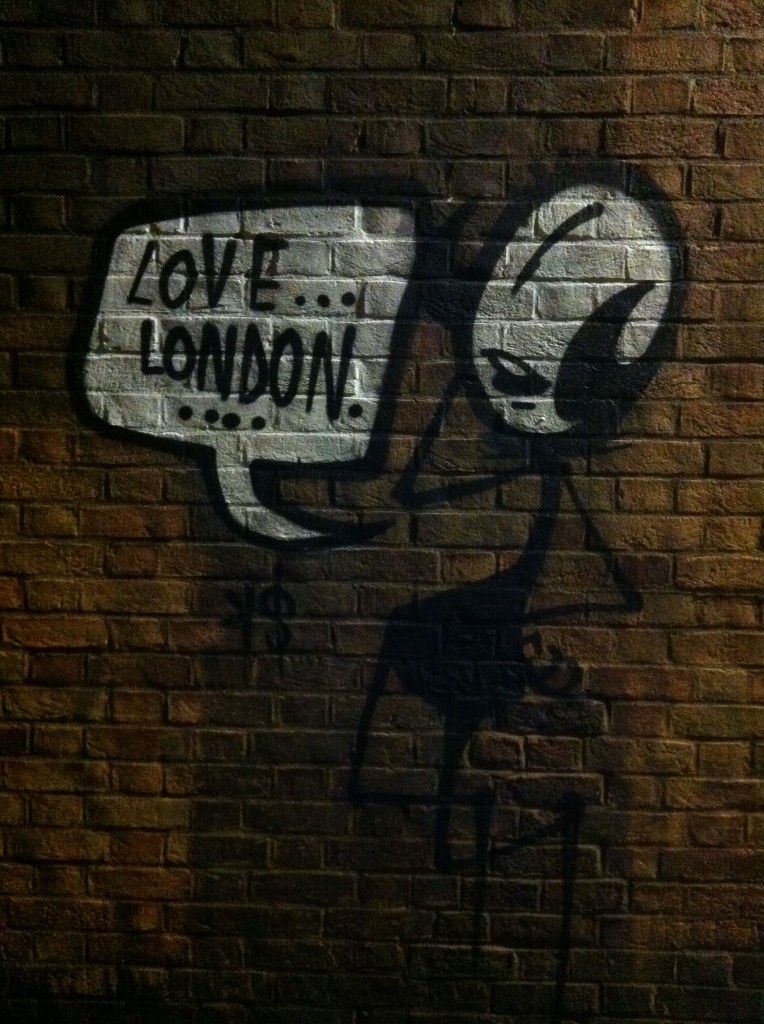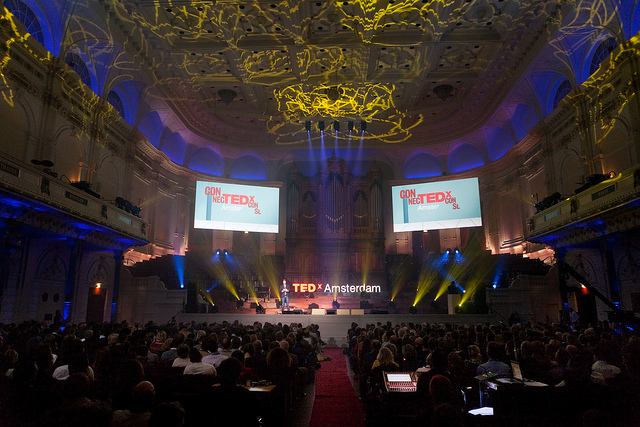Big Brother is watching you.
George Orwell wrote it in 1949, Edward Snowden revealed how sharp his eyes are only last year. But in 1999 in the Netherlands, and soon everywhere around the globe, everybody was watching Big Brother. The first daily reality TV show taught us that people behave, well, quite ordinarily when you lock them up in a house full of cameras for five months.
Reality TV has come a long way since. For the latest hit, Big Brother’s creator, Dutch media mogul John de Mol, has taken Thomas More instead of George Orwell as his source of inspiration. The concept of Utopia sounds amazing: 15 people are dropped in a freezing lodge for a year. All they get is a plot of land, two cows, twenty chickens and a nice 10k in cash to get through the first months. They’re there with one aim: to build a new society. Utopia!
Petty fights
Whether the group will achieve its goal is uncertain: “Ultimate happiness or complete chaos“, says the tagline. “Will it be heaven or will it be hell“, asks the lead in the opening song. The format of the social experiment is intriguing. The show is basically 1960s/1970s commune meets 21st century reality TV. Most of the show is strikingly similar to its cousins of ordinary reality TV. A lot of the day is filled with petty fights caused by silly behaviour or miscommunication. Alfa male of the group, professional wrestler Emil, eats more than his ration; builder Paul, the self-appointed leader, loses his cool. Anybody leaves their dishes; housewife Vanessa loses her cool. Anybody says anything slightly critical; brilliantly cast ‘life artist’ Billy (a lady) loses her cool with all of them – cows included.
As a show, Utopia is a success. It has about 1 million viewers a day and the American rights have just been sold to Fox. Though the daily storyline is a bit thin, there’s enough to make a nice realistic soap. One of the problems is that some parts seem too scripted and staged. The 15 Utopians, as they’re called, are not as isolated from the outside world – or instructions from the producers – as the TV channel would like us to believe.
Human resilience
As a society, it is hard to say whether Utopia is successful. So far it’s characterised by a bit of daily progress and a dose of bigger and smaller fights that ensure that the show won’t be taken off air. But some Utopians get enough of the fights, the hunger and the cold. Two have left already. The biggest problem is that the group lacks a common goal. Full democracy is a laudable goal, but the group is too diverse and insufficiently strategic. Some people are there with a clear intent to build a different world. Others are more down to earth and just want to have fun or be famous.
Overall, the group show an amazing resilience in front of their problems. Their lack of food, heating, loved ones and all basic amenities of daily life – worst, no wifi! But still, the negative moments are countered by others positive ones. The regular pep-talks following the crises take them to believe in their community again.
A real Utopia does not exist. But maybe Utopia only arises from a constant battle of positive and negative energy – the interaction of happiness and chaos.
Promo, in Dutch:


